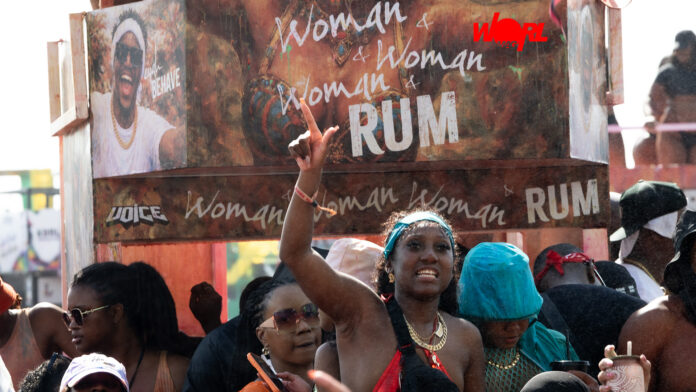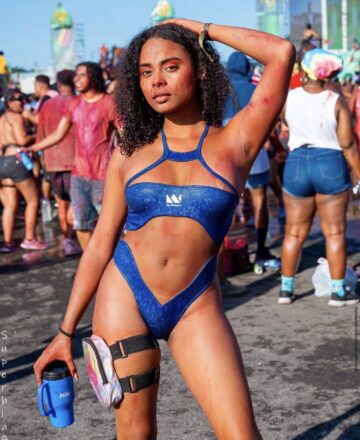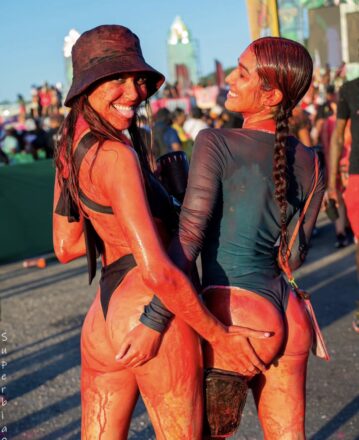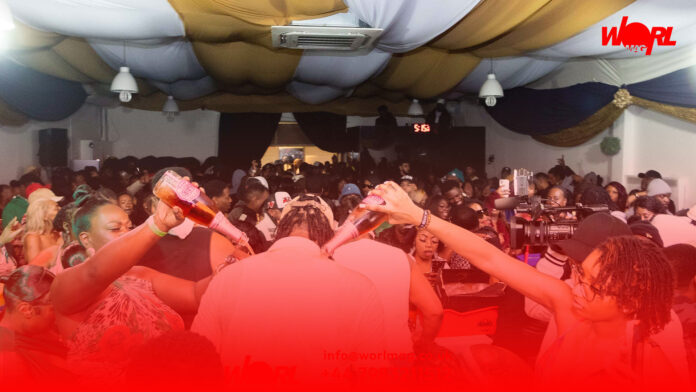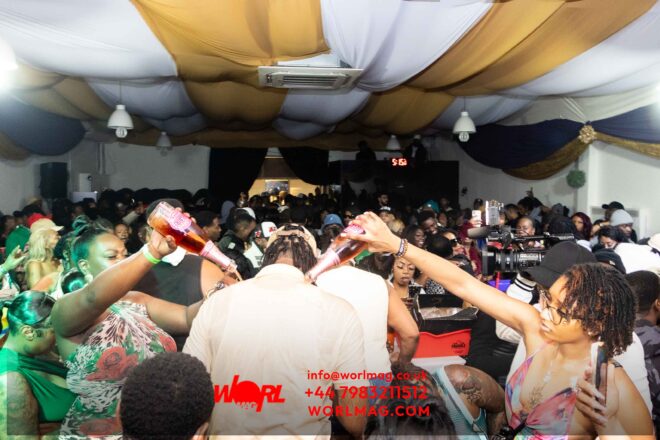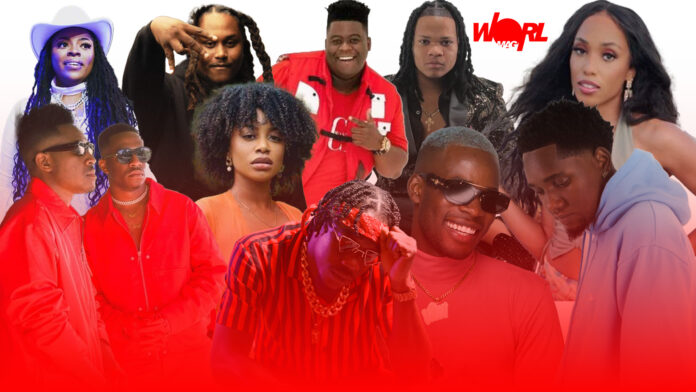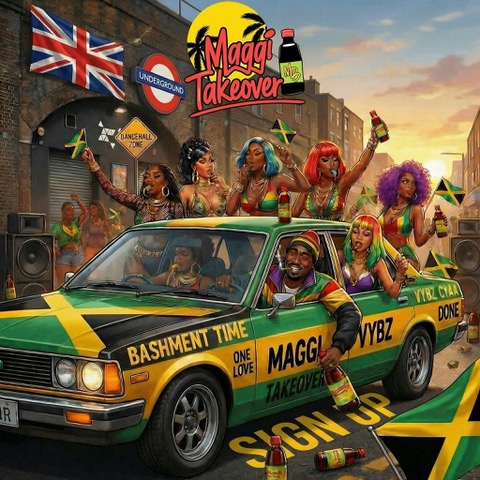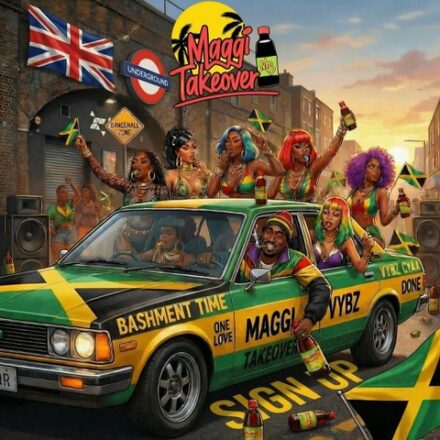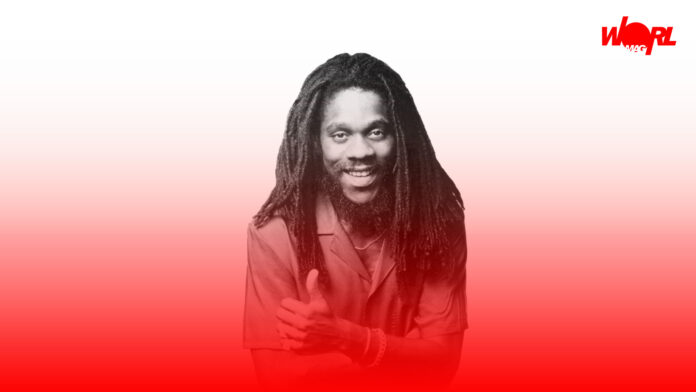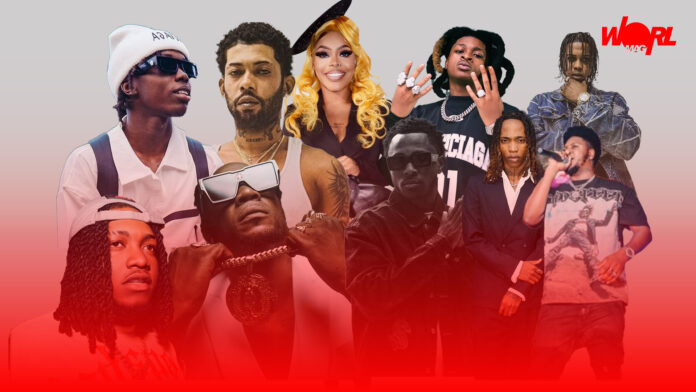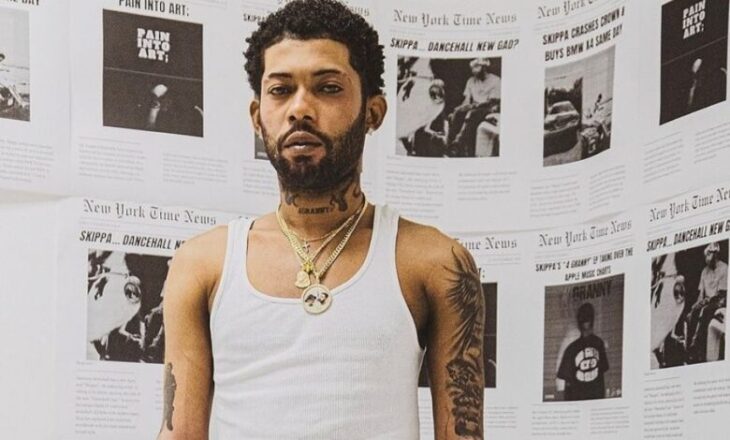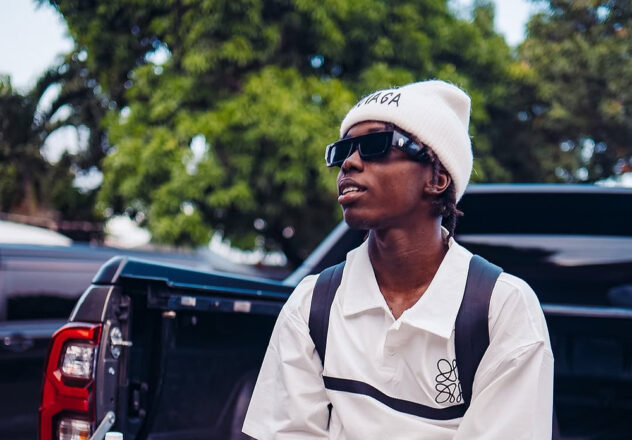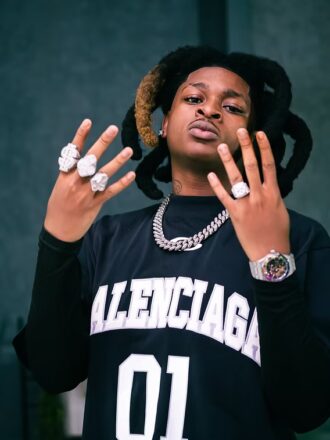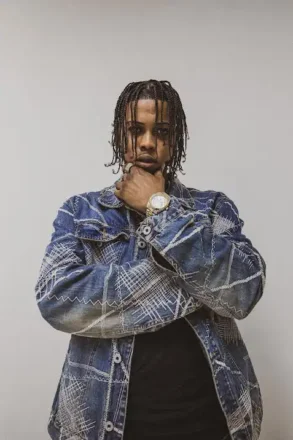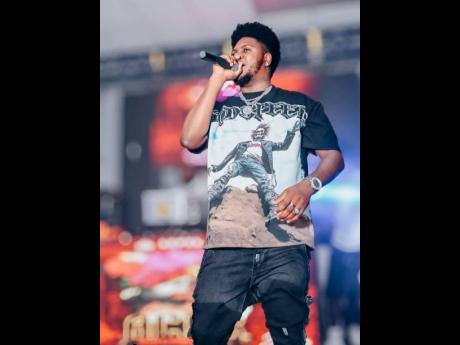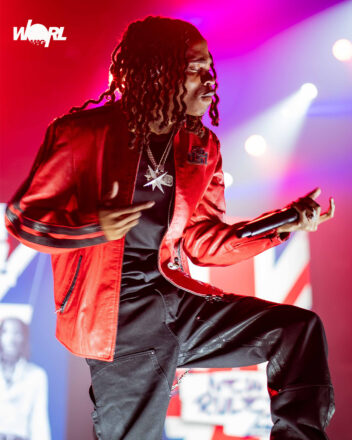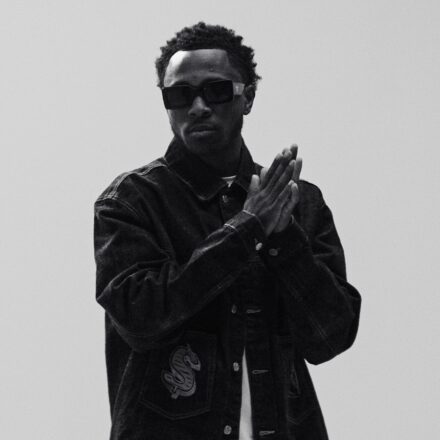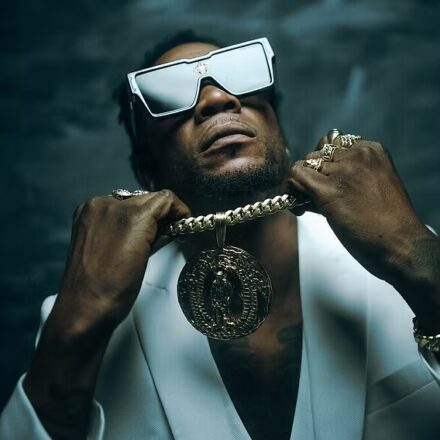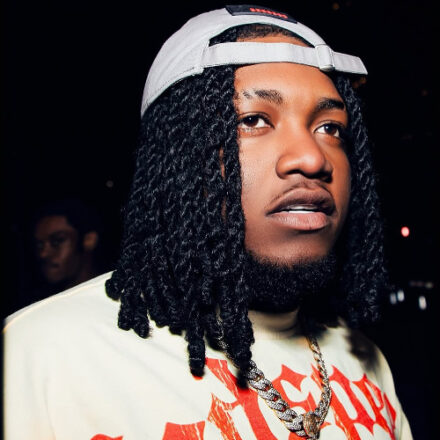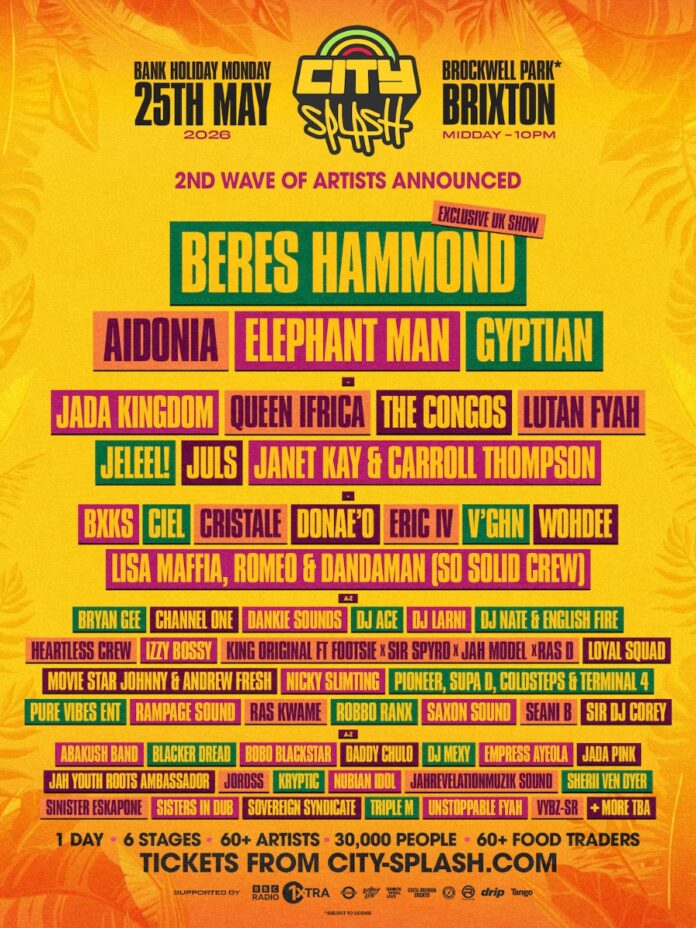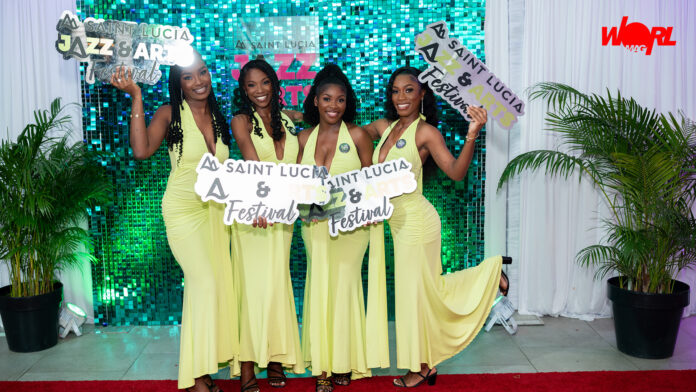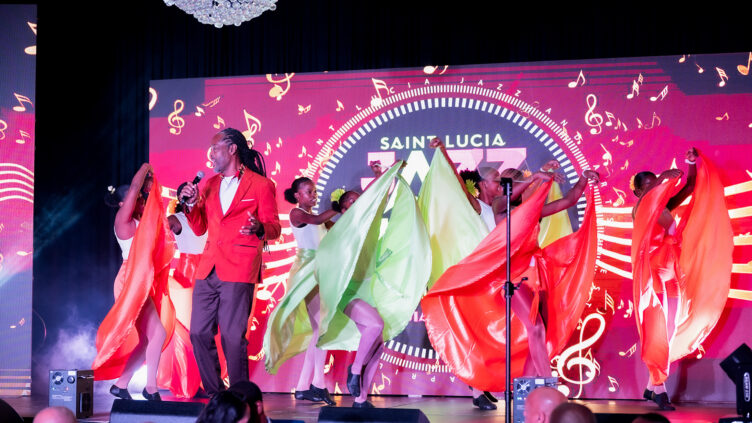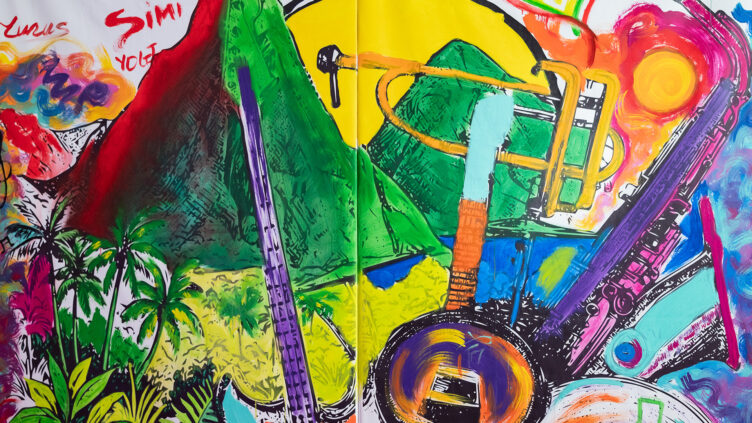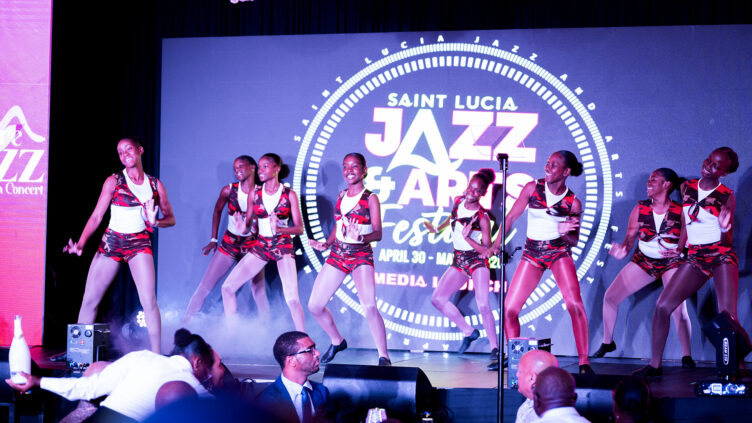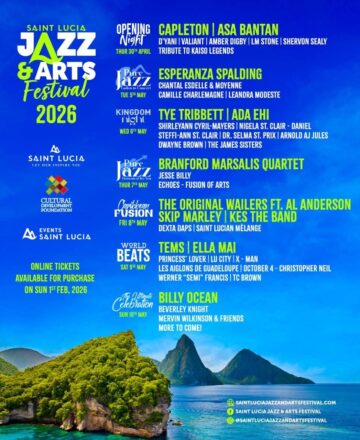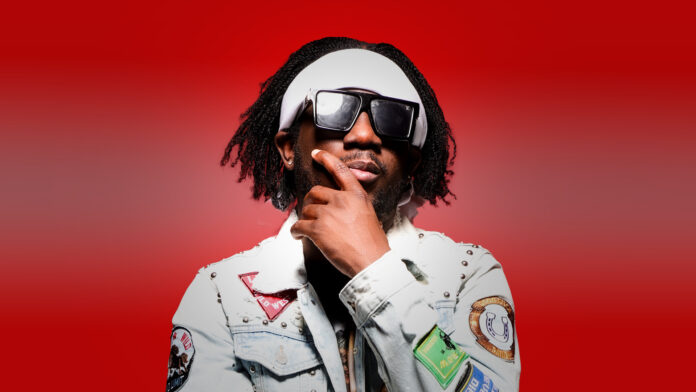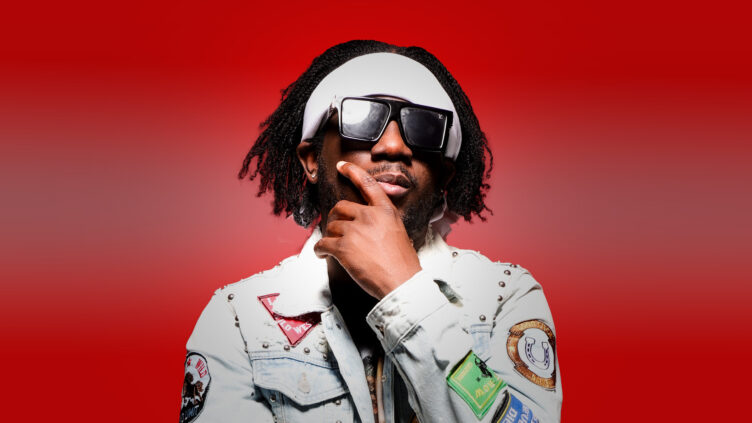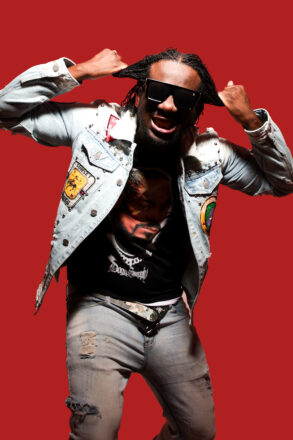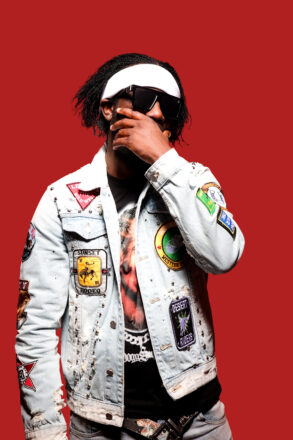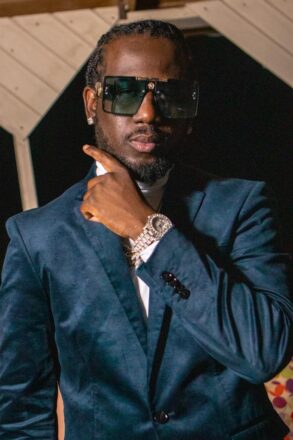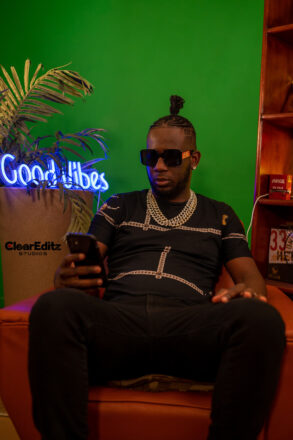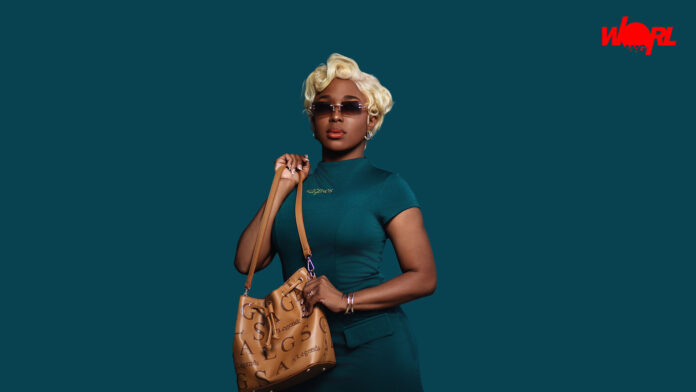J Alexia Bankx (Jenelle Alexia): How the Jamaican-American Founder of A’Legends Is Building Legacy Through Fashion, Culture & Community
Rooted in Jamaican heritage and shaped by resilience, J Alexia Bankx—also known as Jenelle Alexia—embodies a new generation of purpose-driven entrepreneurs. The Jamaican-American founder and CEO of A’Legends, she has transformed personal loss, motherhood, and cultural identity into a global lifestyle brand centred on strength, victory, and impact.
Raised between entrepreneurial influence and creative expression, J Alexia’s journey began long before A’Legends launched in 2018. From traveling on Air Jamaica as a child to witnessing community leadership through her parents, her upbringing laid the foundation for a brand that speaks to real stories and lived experiences. Today, A’Legends stands at the intersection of fashion, storytelling, music, and philanthropy, resonating with audiences across the diaspora and beyond.
In this exclusive Worlmag feature, J Alexia Bankx opens up about legacy, loss, cultural pride, and what it truly means to build something bigger than yourself.
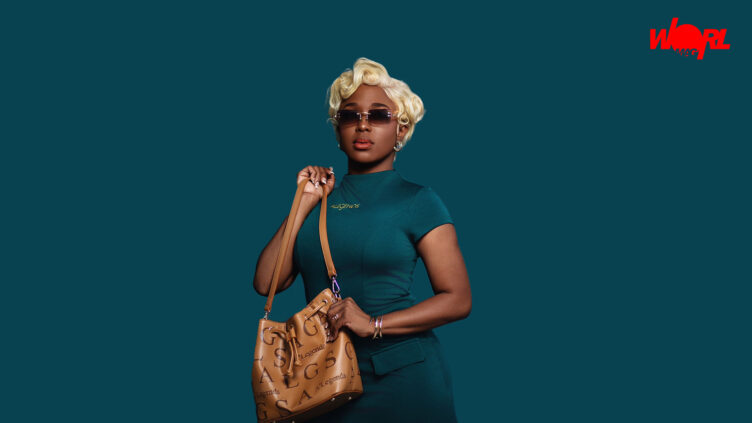
How do your Jamaican-American roots shape who you are today, both personally and creatively?
Being brought up in a Jamaican household shaped everything about me. I was traveling on Air Jamaica from as early as I can remember. I was my dad’s last daughter and my mom’s only child, which meant I grew up as both a boss child and a hot girl daughter. When I traveled to Jamaica to visit my dad, he would tell the entire community I was coming. By the time I arrived, everyone already knew. He would paint the house, set up photo shoots, and celebrate my presence.
My father always told me I was his star and that I was going to be famous. He was also a top-tier businessman. He owned sports bars, supermarkets, did car rentals, and paralegal work. He was well known, respected, and both street smart and book smart. That’s where my business mind comes from.
My mom was street smart and fashionable. If she was in the latest designer or style, so was I. Between the two of them, I truly had the best of all worlds. Creativity, confidence, hustle, and discernment. I always say I’m not a bad product of my environment at all.
Was there a defining moment in your life when you realised you were meant to build something bigger than yourself?
When my father was murdered in Jamaica, I was in school pursuing my bachelor’s degree in health administration. I went back for his funeral and lost my scholarship, which forced me to change my major and earn an associate degree in business. At the time, I had no idea what I would do with it.
Four years later, while working at a major hospital in Philadelphia, I was terminated while pregnant. I had to figure life out fast. While thinking of names for my son, I wanted to honor my dad but still be unique. One day, while drawing clothing designs, the name A’Legends came to me. I knew instantly it wasn’t just a brand, it was also my son’s name. From that moment on, I knew I was building something bigger than myself. If I fail my business, I fail my son, and I refuse to do that.

How has your personal life journey influenced the messages of resilience and victory behind A’Legends?
A’Legends is not just a brand, it’s who we are in our weakest moments. It’s a lifestyle and a reminder that we can endure whatever life throws at us and still be victorious. Every hardship I’ve experienced lives inside the message of the brand.
What lessons from your upbringing still guide your decisions as a woman, mother, and CEO?
Giving, integrity, and resilience. I watched my mom send barrels to help her family and my dad feed families in the community of Kencot and beyond. Even when people didn’t appreciate it, my parents still gave, sometimes their last. That spirit guides how I live, lead, and parent.
How do you balance staying authentic to your roots while operating in a global, commercial space?
I don’t separate the two. My roots are my foundation. Authenticity is what allows the brand to resonate globally.
What inspired you to launch A’Legends in 2018, and what gap did you feel the brand needed to fill?
A’Legends was born out of survival, motherhood, and legacy. I didn’t see enough brands speaking to real people, real struggles, and real victories. I wanted to fill that gap with something meaningful.
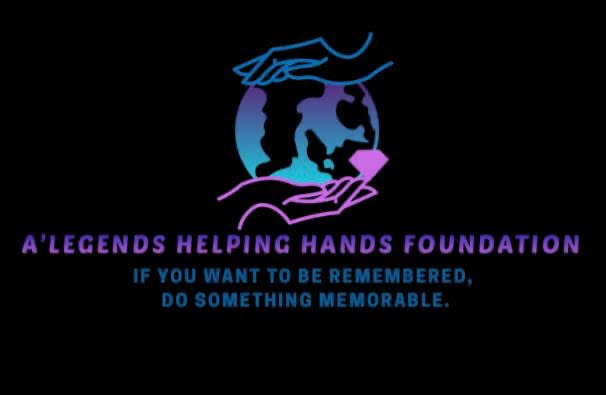
Why was it important for A’Legends to be a lifestyle movement rather than just a clothing line?
Because A’Legends is who we are. It’s a mindset. It’s about being remembered for something meaningful, not just what you wear.
What were some of the biggest challenges you faced building A’Legends as a woman entrepreneur?
I faced a lot of resistance, especially in Philadelphia. The pushback was heavy, but I’m thankful for it. If they hadn’t fought me the way they did, I would’ve stayed comfortable and local. That fight forced me to expand, and now A’Legends is known internationally.
How has motherhood shaped your leadership style and approach to business?
Motherhood made everything intentional. Every decision I make is about protection, stability, and legacy. My son is my why.
What does “being a legend” truly mean to you?
Being a legend means leaving impact, not just income. It’s about endurance, integrity, and legacy.
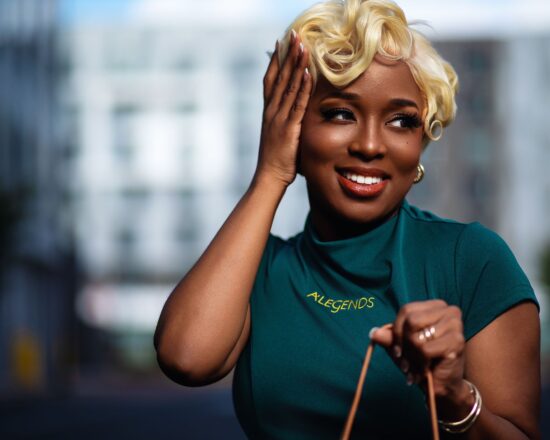
How do you translate life experiences and emotions into wearable pieces?
Through message-driven designs that reflect survival, confidence, and victory.
Why do you believe fashion is such a powerful tool for storytelling and empowerment?
Because what you wear speaks before you do. Fashion can remind someone who they are in their weakest moments.
How do you want people to feel when they wear A’Legends?
Empowered. Seen. Victorious.
In what ways does culture influence your designs and creative direction?
Culture influences everything. From colors to messaging, my Jamaican-American upbringing is woven into every detail.
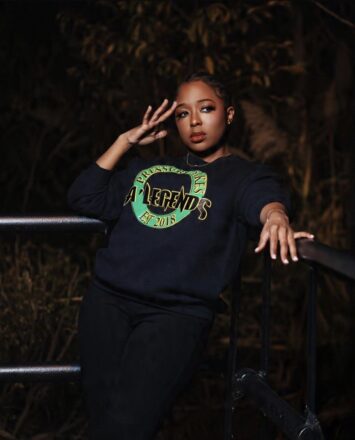
Do you see A’Legends as fashion, art, or activism—or all three?
All three. It’s fashion with purpose, art with meaning, and activism through action.
You’re also an author, actress, and expanding into music—how do these creative worlds connect?
They’re all storytelling platforms. Each one allows me to express different layers of my truth.
What drew you toward music production and projects like the Bankx Riddim?
Music is cultural and ancestral. It’s another way to tell stories and bring people together.
How important is it for creatives today to diversify beyond one lane?
It’s essential. We’re multidimensional and shouldn’t be boxed in. I love knowing I created my own lane initially but now I have my own highway I can switch into any avenue and my success in all has been stamped.
Do you see yourself more as a creative entrepreneur or a cultural curator?
A cultural curator with an entrepreneurial mindset.
Which creative medium allows you to express yourself most freely and why?
Writing. It’s raw, honest, and natural for me.
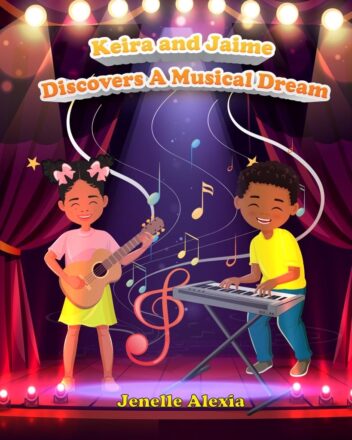
What inspired the creation of the A’Legends Helping Hands Foundation?
I grew up watching my parents give back consistently. Service was modeled for me long before I created a foundation.
Why is giving back such a core pillar of your brand philosophy?
I know I wasn’t blessed to keep everything for myself. Giving back is part of my purpose.
How do community initiatives like feeding programs shape your sense of purpose?
They remind me why I started. Purpose is found in service.
What responsibility do you believe successful creatives have toward their communities?
To uplift, reinvest, and create opportunities for others.
How do you ensure your philanthropic work remains authentic and impactful?
I help from a genuine space without expecting anything in return. I often help and forget because it’s not transactional, it’s intentional. My son is seven now, and he already wants to feed the homeless and give away his things, which lets me know the legacy is working.

What does recognition and awards mean to you at this stage of your journey?
Although my business isn’t making millions yet, my success is led by impact. A’Legends has been received internationally. I’ve shown at New York Fashion Week, toured schools in the U.S. and Jamaica with my books, charted on iTunes with the Bankx Riddim, fed the homeless, organized Hurricane Melissa relief for Jamaica, received proclamations from a New York State Senator, and earned the Diaspora Excellence Award from Rediscover Africa. The work is being acknowledged, and no one can take that away from me.
When my son sees people wearing A’Legends now he’s excited and knows it’s his that his mommy built that.
How do you define success beyond financial achievements?
Success is knowing the good I’ve planted will follow me and my son into the future.
What legacy do you hope A’Legends leaves behind for future generations?
That impact comes before income and that purpose driven brands can change lives globally.
What’s next for J Alexia Bankx and the A’Legends brand globally?
Continued global expansion across fashion, music, publishing, philanthropy, and cultural education. I’ve recently started building the children’s app so that will take some time but I’m definitely excited for the completion of that.
If you could speak directly to women building their dreams against all odds, what would you tell them?
Don’t wait for permission. Keep building even when it’s hard. Do not wait for others to clap for you. Your story is your power, and your legacy is worth it.
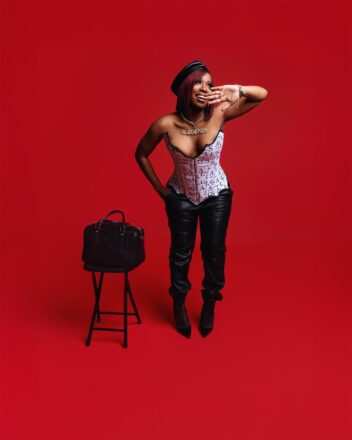
For J Alexia Bankx, sucess has never been measured by income alone, but by impact, integrity, and the lives touched along the way. Through A’Legends, she continues to challenge conventional fashion narratives—placing purpose before profit and community before applause.
As the brand expands globally across fashion, music, publishing, philanthropy, and cultural education, her mission remains unwavering: to uplift, empower, and leave a legacy rooted in service and resilience. A’Legends is not just what you wear—it’s who you become when you refuse to give up, and J Alexia Bankx is living proof that purpose-driven brands can change lives across generations.
Socials / Contacts – @j_alexiabankx | alegends_
Foundation: A’Legends Helping Hands
Website: www.alegendslb.net


